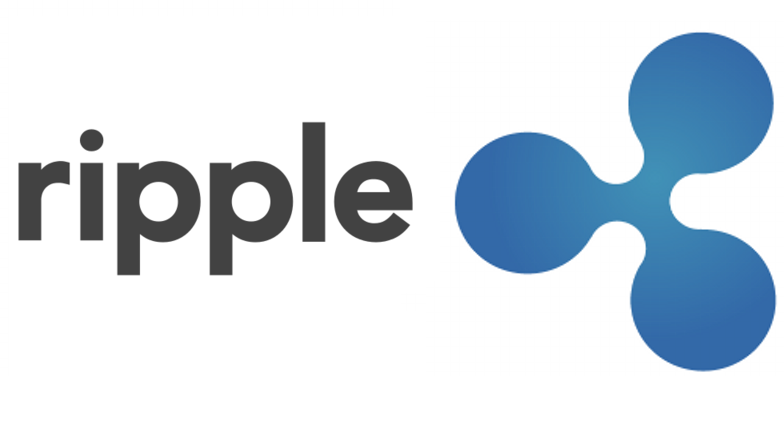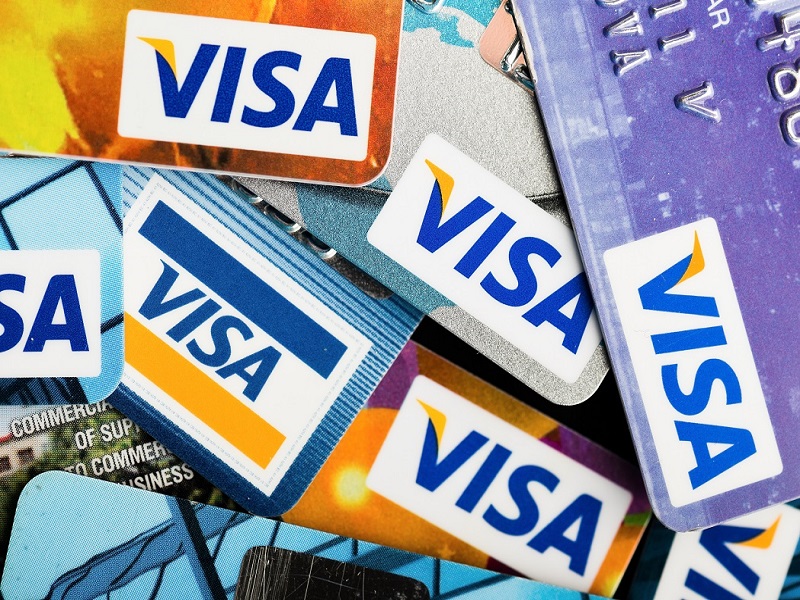Visa is working on a blockchain-based solution for cross-border, business-to-business exchange called Visa B2B Connect. Cross-border payments between businesses is a complex market that is fraught with problems but is lucrative nonetheless, a potential that Visa seems eager to tap into.
Also read: CoinAgenda Brings Blockchain Leaders to Vegas on October 25
Visa Unveils its Collaborative Project
Visa, in collaboration with tech start-up, Chain Inc., unveiled the project on October 21, 2016. Chain, a startup that Visa happens to be an investor in, has also worked with Google, Salesforce, Microsoft, Square, and among others in the past.
Visa B2B Connect seems to be an attempt by Visa and Chain to challenge SWIFT and its large messaging network as the predominant vehicle among banks to move large amounts of money around the globe for their business-oriented customers.
Using Chain’s software implementation of their blockchain protocol, Chain Protocol, Visa’s system could enable businesses and their banks to more fluidly transfer value directly between each other, in real-time.
This way, businesses will be able to handle transactions between them much the same way consumer-to-business transactions with debit and credit cards are handled.
Streamlining Payments through Blockchain Tech
It would allow for nearly instantaneous exchange between businesses in a market that often relies on wire transfers, which are infamously cumbersome and tedious.
This, of course, is the result of the disintermediating effect that blockchains tend to have on processes they are applied to. In this specific case, it would be the result of the blockchain taking on the role of parts of the cross-border payment processes associated with large sums of money.
By automating and digitizing functions that institutions currently provide like clearing houses that help to confirm payment validity and correspondent banks which help to pass along payments, blockchain tech would certainly go a long way in streamlining international payment systems.
This is Visa’s idea anyway, and what they’re hoping for by implementing their own blockchain system.
Jim McCarthy, executive vice president for innovation and strategic partnerships at Visa, believes that while their past efforts haven’t been entirely successful, they still see room to improve.
“Even though Visa hasn’t been as successful with cards for commercial expenditure, wire and paper check-based mechanisms are still slow, inefficient, and costly,” explains McCarthy. “The size of the opportunity in commercial consumption expenditure is huge.”
Visa Faces Stiff Competition from Ripple, R3
However, they may have their work cut out for them as they are not the only one’s interested in taking advantage of this opportunity.
They will be likely competing with institutions more firmly established in blockchain ventures such as R3 and Ripple. Both already leverage the blockchain to offer v arious solutions related to banking.
arious solutions related to banking.
In fact, Ripple is already used by banks such as UniCredit, UBS and Santander for cross-border payments and the real-time settlement of payments. While R3 leads a consortium of some of the world’s biggest financial institutions including Goldman Sachs, J.P. Morgan, Bank of America, Citi, and others.
Although Visa faces some stiff competition in this regard, it has already tested a prototype of B2B Connect with 30 banks globally in 10 countries. Earlier this year, Visa Europe also said it would do early testing on a separate blockchain network to connect several banks in Europe.
Additionally, in a July report, consulting firm Accenture PLC estimated that there are $25 trillion to $30 trillion of cross-border payments made through banks annually, across 10 to 15 billion transactions.
Thus, if Visa can successfully tap into this market, then it could quickly become a huge cash cow for the financial services giant.
What do you think of Visa experimenting with blockchain tech? Could they supplant SWIFT? Let us know in the comments below!
Source: Wall Street Journal
Images Courtesy of Visa, Chain Inc., Ripple.







